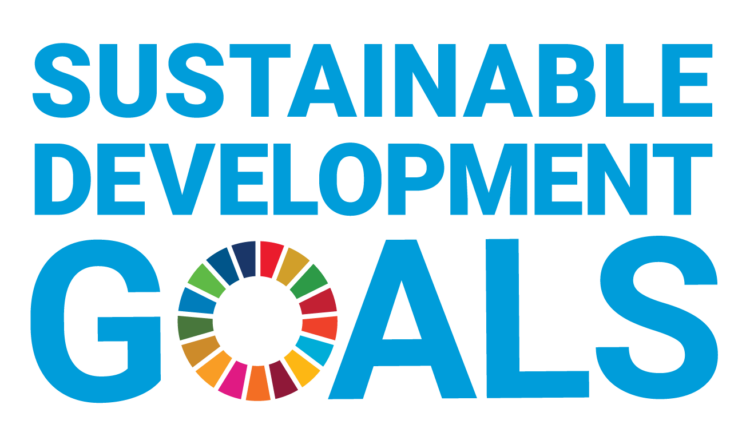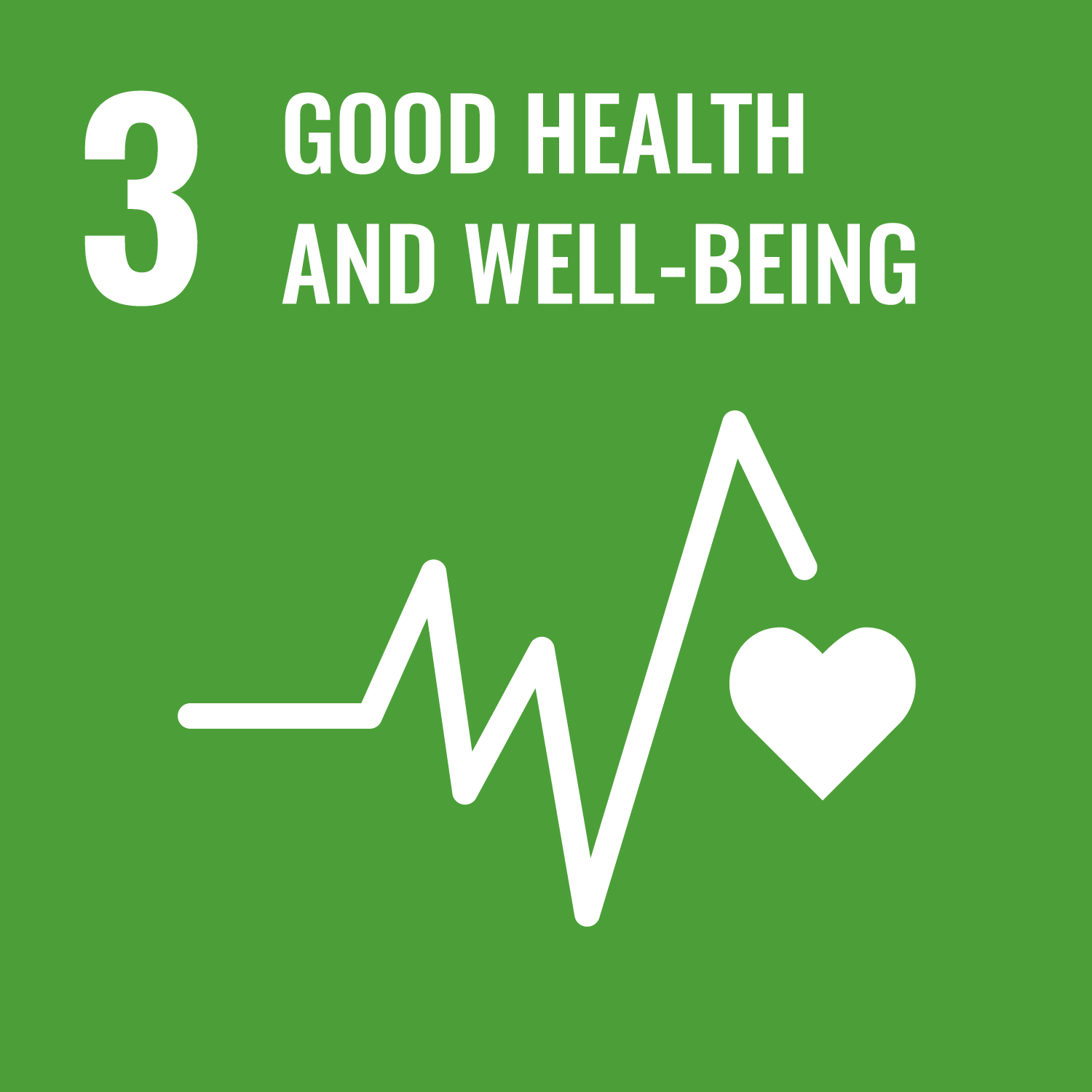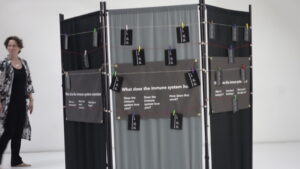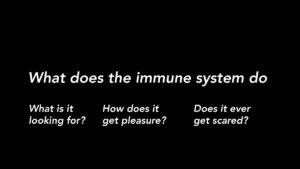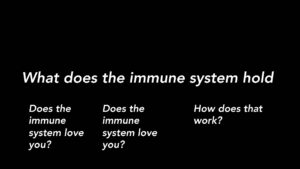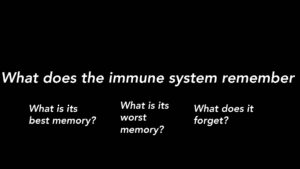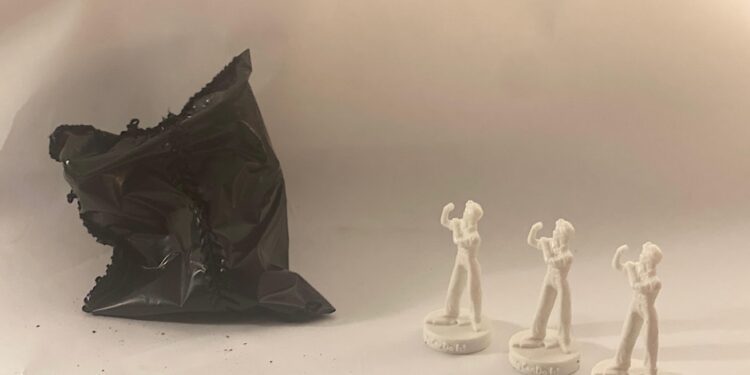
Emily Bass
Brooklyn, NY
Emily Bass is a writer, visual artist, historian, and activist focusing on pandemics, the forces that perpetuate them, and the movements within bodies and in communities that recognize and resist them. Her book, To End a Plague: America’s Fight to Defeat AIDS in Africa (PublicAffairs, 2021), was a finalist for the 2022 Lionel Gelber Prize. A Culture Push Associated Artist and Fulbright journalism fellowship recipient, Bass has also been awarded fellowships from NYSCA/NYFA (nonfiction), the Center for New Jewish Culture and the New York Public Library (Martin Duberman Visiting Research Fellowship). Her writing has appeared in The New York Times, The Globe and Mail, The Washington Post, Foreign Policy, n+1, and many other publications, including ‘zines made with the What Would an HIV Doula Do? collective, of which she is a member. She has spoken at Harvard University, Columbia University, and the Newark Museum of Art, and served as an external expert for the World Health Organization. From 2017 to 2021, she co-led a transnational activist coalition fighting for comprehensive HIV programs in Malawi, Zimbabwe, and Tanzania, and worked alongside East and Southern African feminists for sexual and reproductive-health justice. Collaborative action to redistribute power is central to her practice as an activist and inquiry as a writer.
Photo by Virginia L.S. Freire.
Events
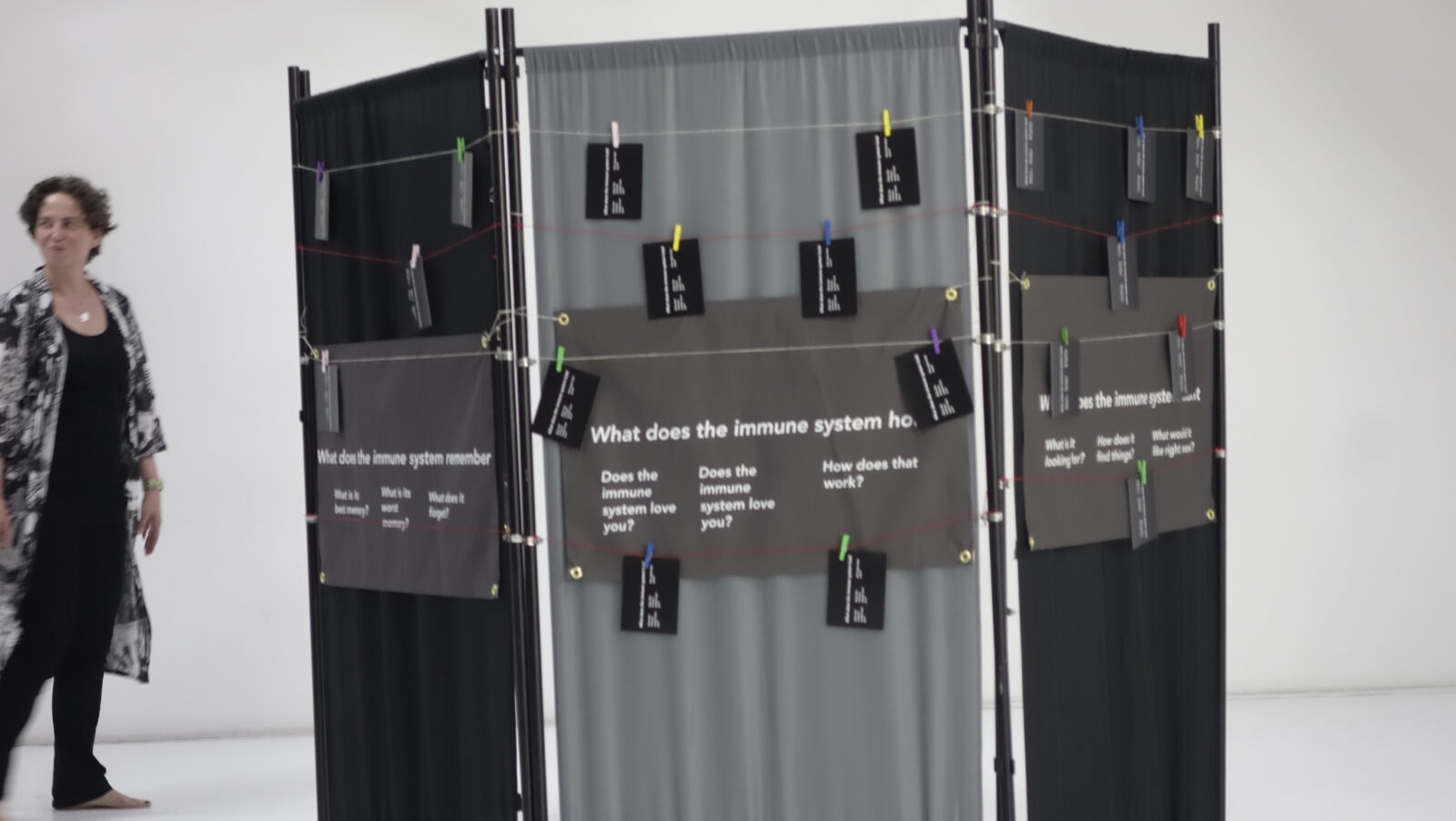





The Dendron Project
Emily Bass is a writer, visual artist, historian, and activist focusing on pandemics, the forces that perpetuate them, and the movements within bodies and in communities that recognize and resist them.
Artist BioThe Dendron Project uses narrative, visual art, historical research, and embodied exploration to (re)claim connections with immune systems and processes that have, under SARS-CoV-2, mpox, and HIV/AIDS, been flattened and co-opted by a capitalist discourse (how many shots? how many drugs? how much immunity and for how long?) and necropolitics (who gets vaccines, tests and treatments? who lives and who dies?). The Dendron Project, which takes its name from the Greek word for tree, is rooted in community-based activist models for collective action around health and disease, including feminist health collectives, AIDS-treatment literacy, and present patient-led movements for health justice focused on long COVID and associated diseases. These models and movements locate expertise within the body, situate scientific information within historical contexts and lived experience, and embrace intimate, creative, context-specific modes of communication. The Dendron Project is activated by the dendritic cell, a potent originator of immune responses distinguished by nonlinear, exploratory motion to locate threats that it carries into immunologic community without dismantling. The Dendron Project includes a Text/Book, Laboratory, and Data Set. The Text/Book is an intimate biography of the dendritic cell that encompasses scientific, historical, and autobiographical events in a dendritically exploratory narrative centered on the immunologic discoveries and concurrent histories that led to the cells discovery. The Laboratory is a virtual and physical space for immune responses through conversation, writing, gesture, collage and other media. Collage echoes the production of immunity (and vice versa), in its meaning-making from selected components of found material. The Dataset will be an online repository of images generated by the Lab and located in the course of research for the Text/Book.
